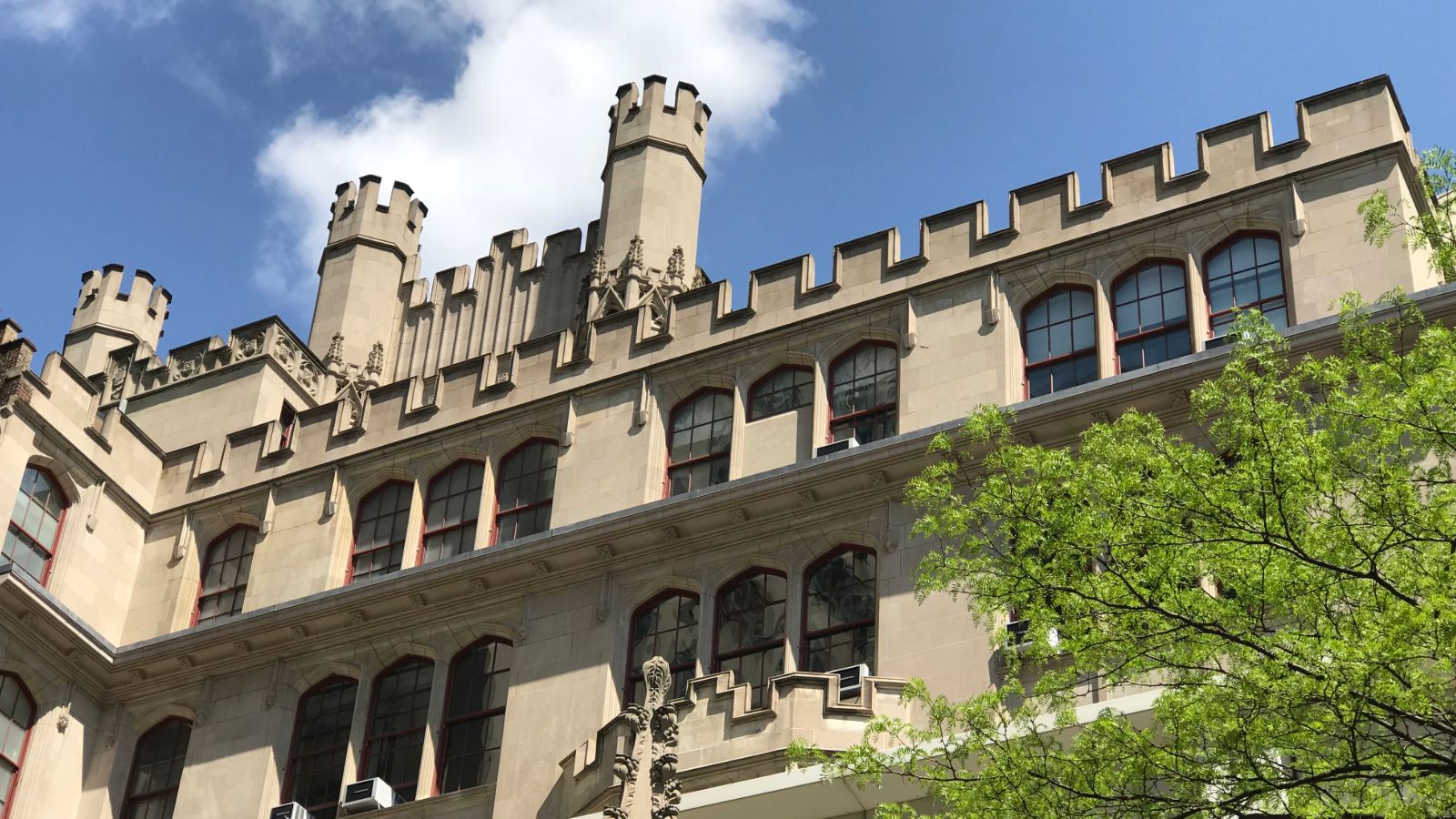Dear Hunter College community members,
As I have met with hundreds of students, faculty and staff members, and community partners since the start of the semester — in settings from one-to-one conversations, to the packed club fair, to meetings with student groups, school and department faculty and staff, and community leaders — I have been awed by both our diversity and our intersectionality. Yet, as diverse as we are in background and perspective, our academic community converges in unity of purpose in a desire and in determination to come to know the world better, do better in the world, and make the world a better place.
We need to summon that underlying unity of purpose at this moment, as we face the anniversary of the horrific violence that claimed so many Israeli lives on October 7, 2023, the ongoing anguish of everyone connected to those who remain hostage, and the unfathomable scale of suffering of Palestinians, whose unspeakable losses of the past year almost defy our full comprehension.
As an institution that has long been a haven for those fleeing conflict or facing discrimination, Hunter is viscerally connected to that pain. What I have heard resoundingly from the Hunter community is that people want to feel acknowledged, feel like they are seen. Rather than feeling like their positions are being judged, or that they must adapt their response to events in the Middle East to align with others, they just want to feel a genuine sense of visibility and belonging in the Hunter community.
As we seek ways forward that will preserve our social fabric, it can be difficult to conceive of how we might be able to do that. In the face of such a challenge of our collective imagination, it is paramount for us to commit to engaging with each other so, together, we can imagine those paths forward. With that challenge in mind, many of us across Hunter have been working intensively to develop events and activities through which every member of our campus community can seek that kind of inspiration.
Reflecting sentiments and concerns widely felt across our community and beyond, we will organize events over the course of this academic year under the umbrella theme of Promoting Civil Discourse and Intellectual Dialogue, including gatherings of different sizes designed to address topics such as the following:
- The role of pluralism within academia
- Pluralism in the classroom
- Academic freedom
- Creating and enhancing community at Hunter College
- Building faculty, staff, and student skills to conduct and participate in difficult conversations
- Dialogues facilitated by trained faculty, staff, and students
- Exploring diverse perspectives on local, national, and global issues
- Talks with scholars, artists, and community leaders on important issues of our time
Among the opportunities we will create this year under the umbrella of this theme are moderated conversations at faculty-led discussions of global issues that are intensely felt on our campus, national experts in dialogue at Roosevelt House addressing how to talk across divides and unpack the results of the November election, discipline-based forums focused on the impact of contemporary conflicts, pre- and post-election activities to foster democratic engagement, and events bringing together student groups, as well as small group dialogues amongst staff, faculty, students, and community partners. In this vein, I hope that all of you will weigh in with suggestions of possible speakers and conveners, both from within and outside of our Hunter community. To do so, you may email Provost Manoj Pardasani at provost@hunter.cuny.edu.
The first major event planned is a visit by the internationally known and revered scholar and civic leader on interfaith understanding, Eboo Patel, who will give a talk on our campus on November 18th, titled, “We Need to Build: Pluralism and Its Possibilities,” as well as engage smaller audiences. He founded and leads the nonprofit organization Interfaith America, which provides consultation, training, curricula, and resources to positively engage religious diversity, embracing the following idea:
The 21st century American city on a hill has a steeple, a mosque, a synagogue, a sangha, a ward, a temple, a gurudwara, a secular humanist society, and more. You and I are not just citizens of this city — together, we are architects of it.
In the wake of Eboo’s visit, we plan to forge an ongoing relationship with Interfaith America, which is recognized for facilitating effective, campus-based programs promoting bridge-building across difference, including emphases on productive conflict and pursuing unity in divisive times.
I hope we all will mark our calendars, then, for November 18 at 4 pm at Roosevelt House, and stay tuned to campus-wide communications for announcements about more events in this series throughout the academic year. As we do that, let’s remain mindful that what we aspire to do is complicated and hard. The scholar of political science, law, and religion John Inazu suggested in a response essay in Eboo Patel’s book, Out of Many Faiths: Religious Diversity and the American Promise, that while we may be able to find common ground, it is another thing to expect agreement on what constitutes the common good. He wrote:
“Our broader societal differences are not without their costs — they make communication more difficult, politics more strained, and stability more volatile. Nor are all of our differences likely to be overcome — even as we work to bridge relational difference, we will not always surmount ideological difference. But bridging relational difference is no small matter, and it can lead to authentic friendships across ideological difference. It reminds us that people are usually more complex than the labels we attach to them, and that sometimes the things we hold in common are deeper than we realize.”
I look forward to working with you to find those deeply held things in common across the Hunter community.
In solidarity,
Nancy Cantor
President


